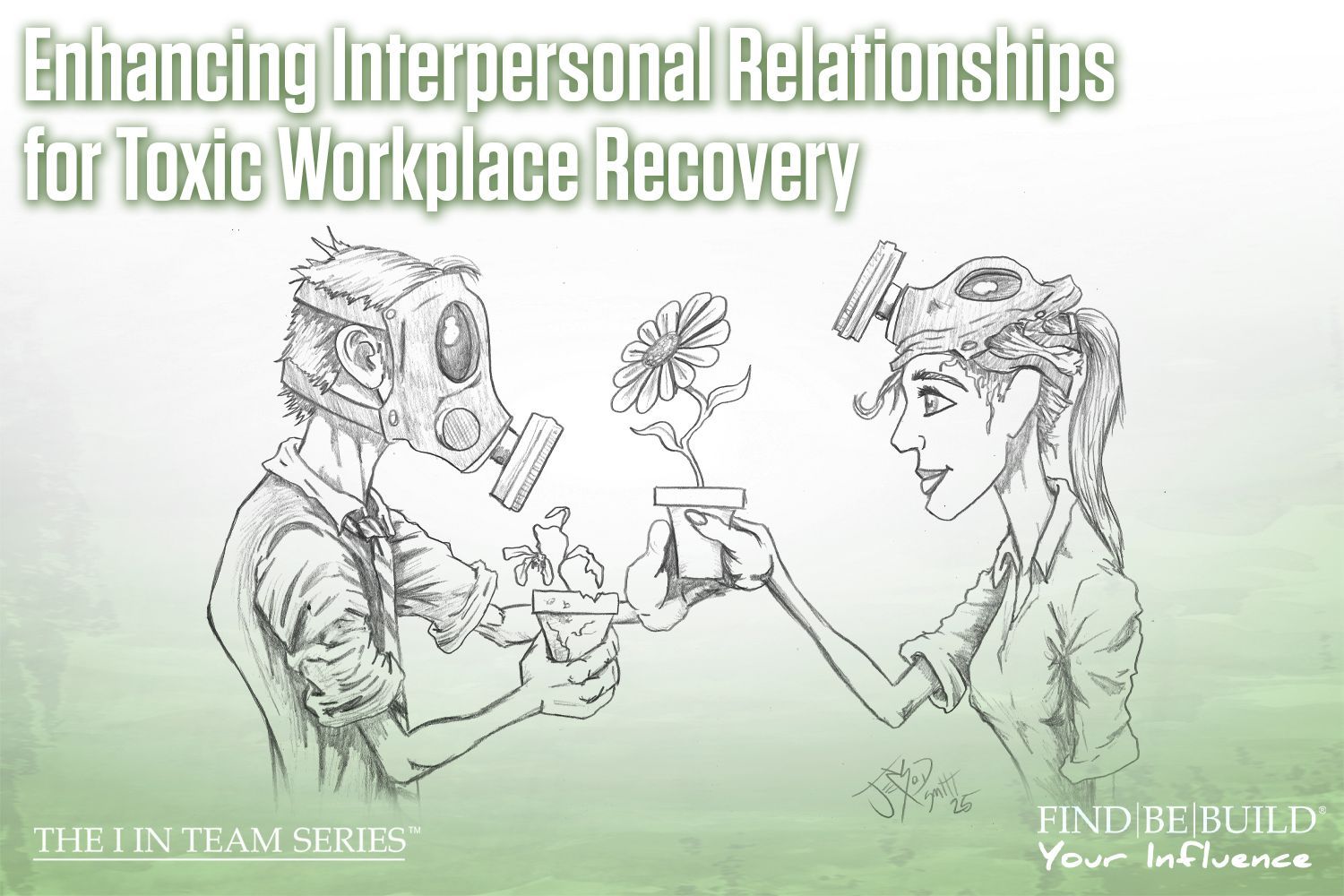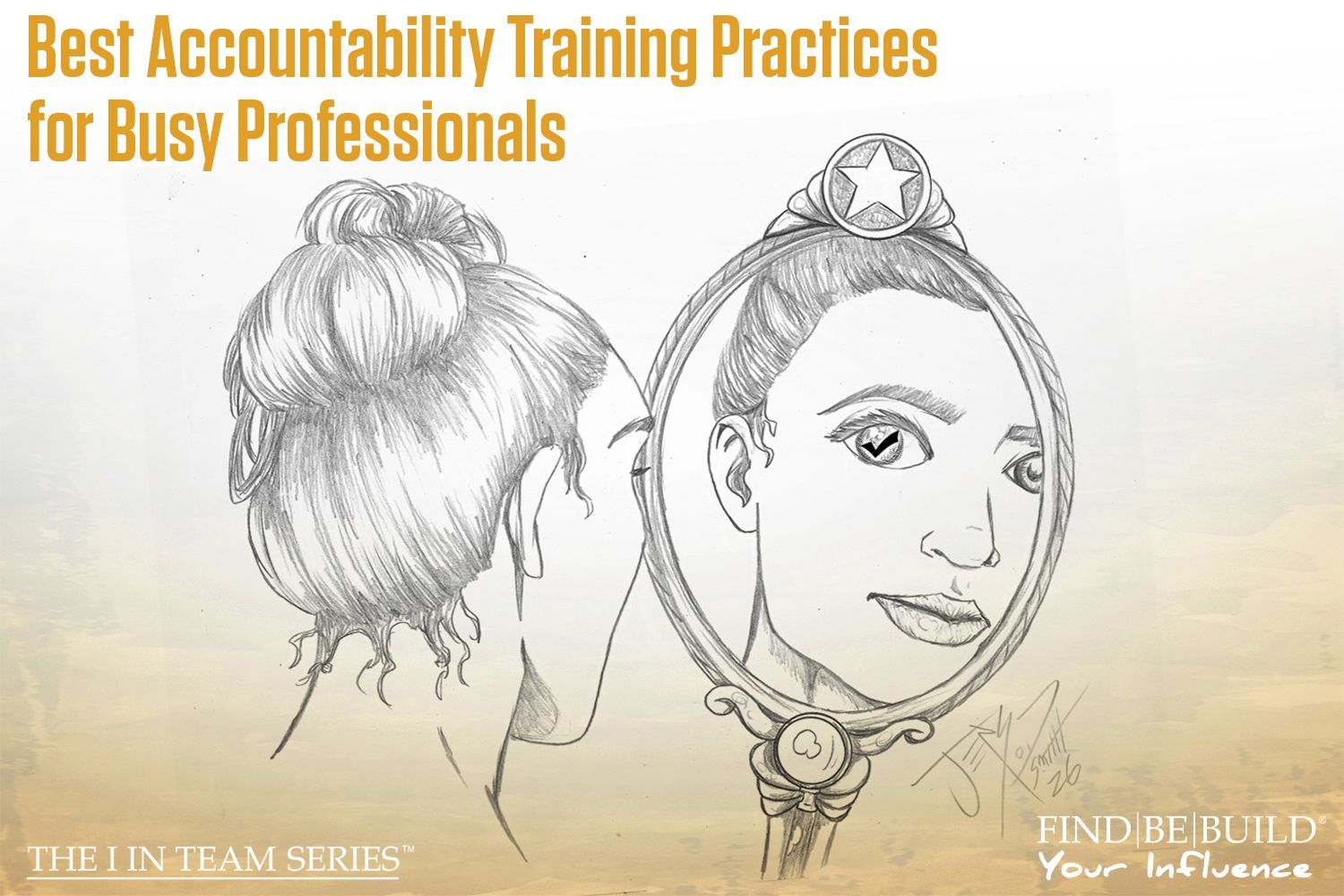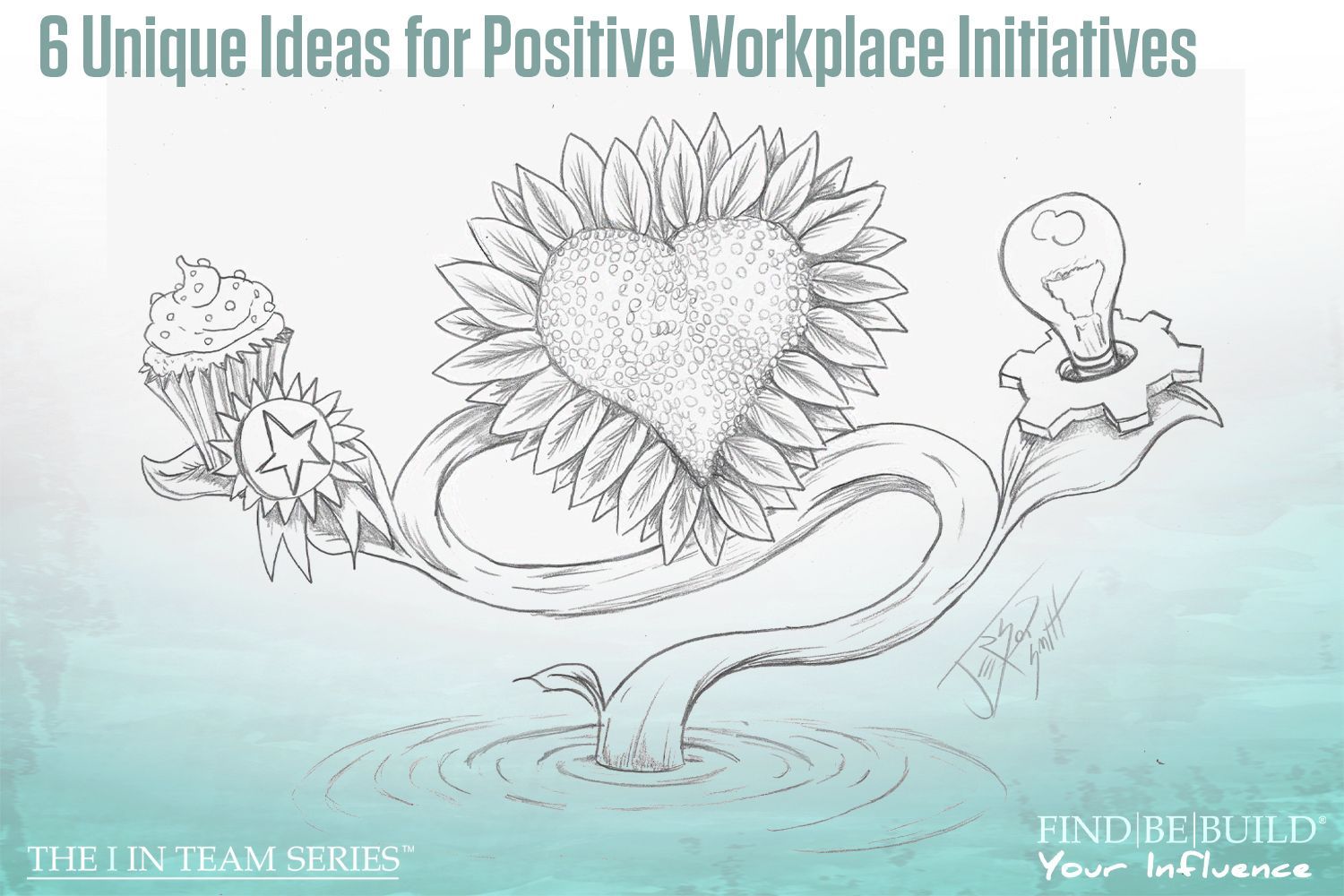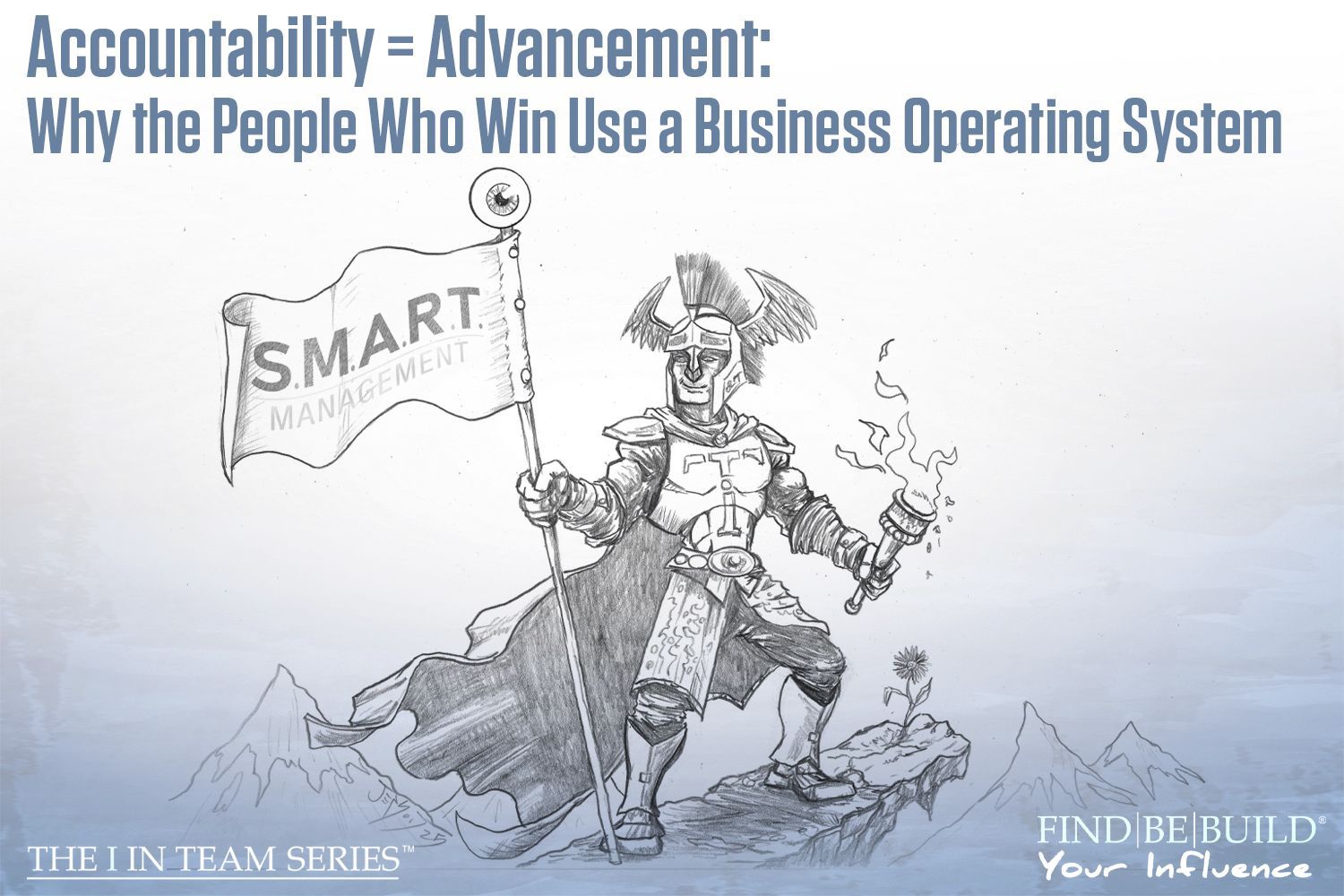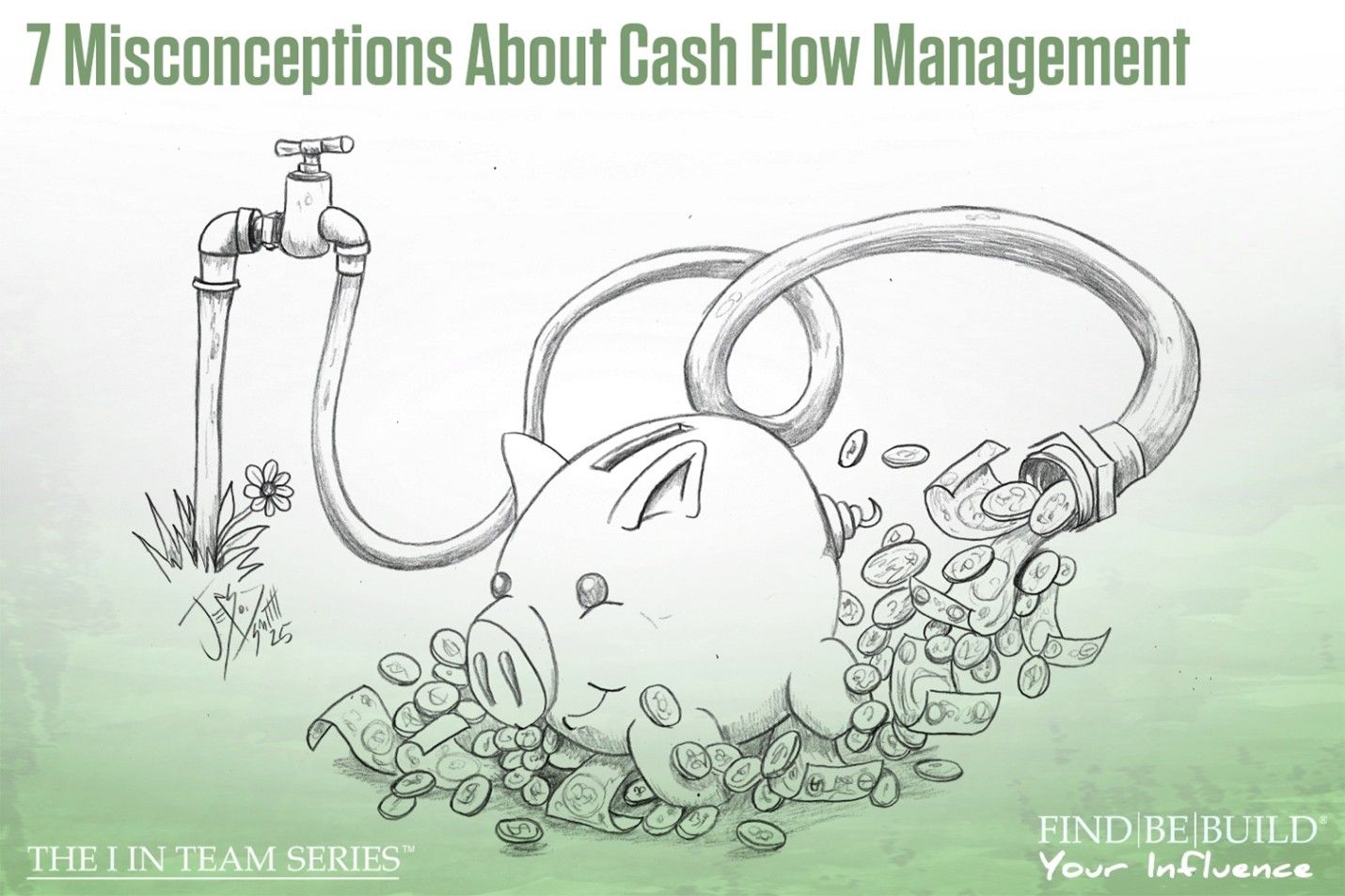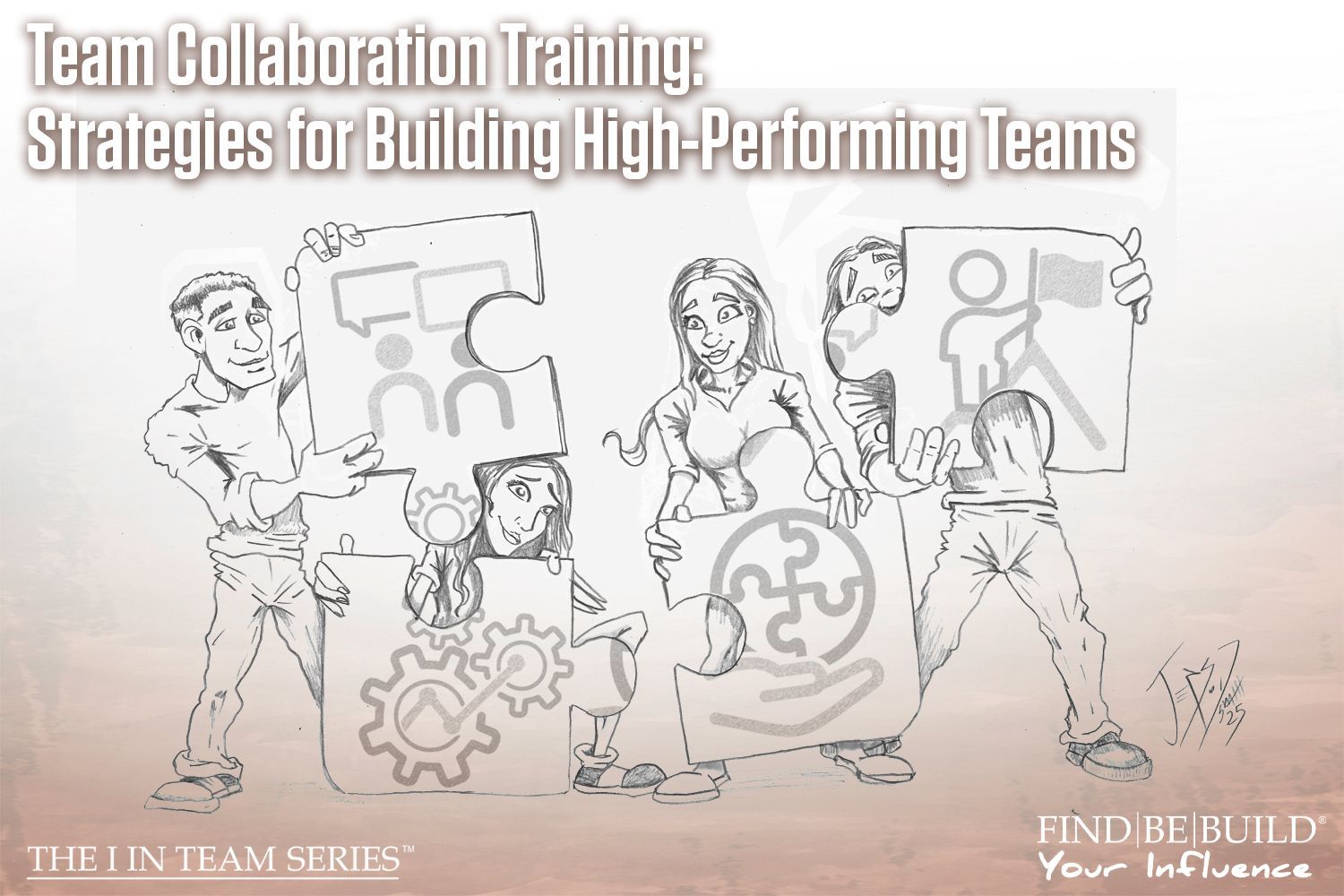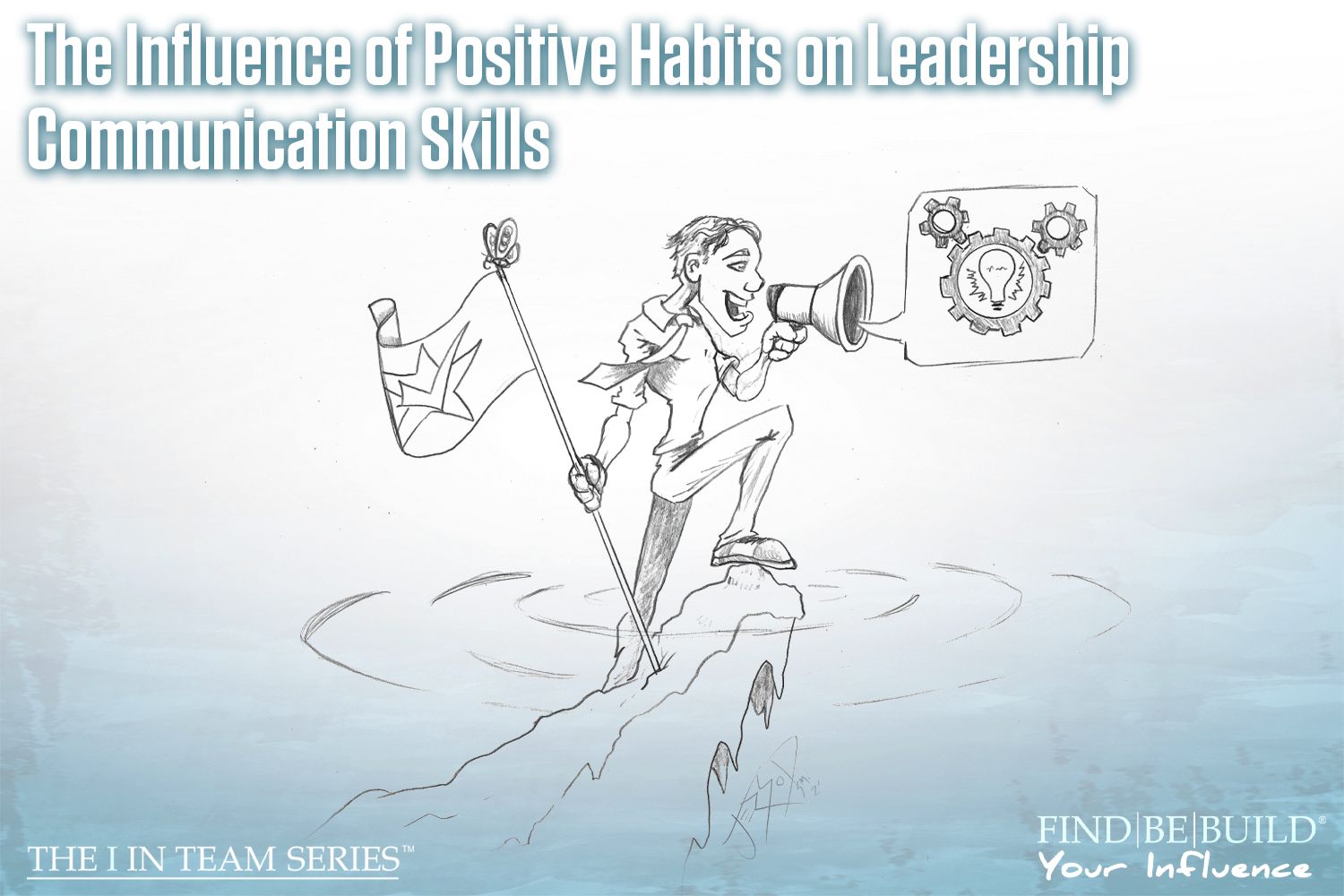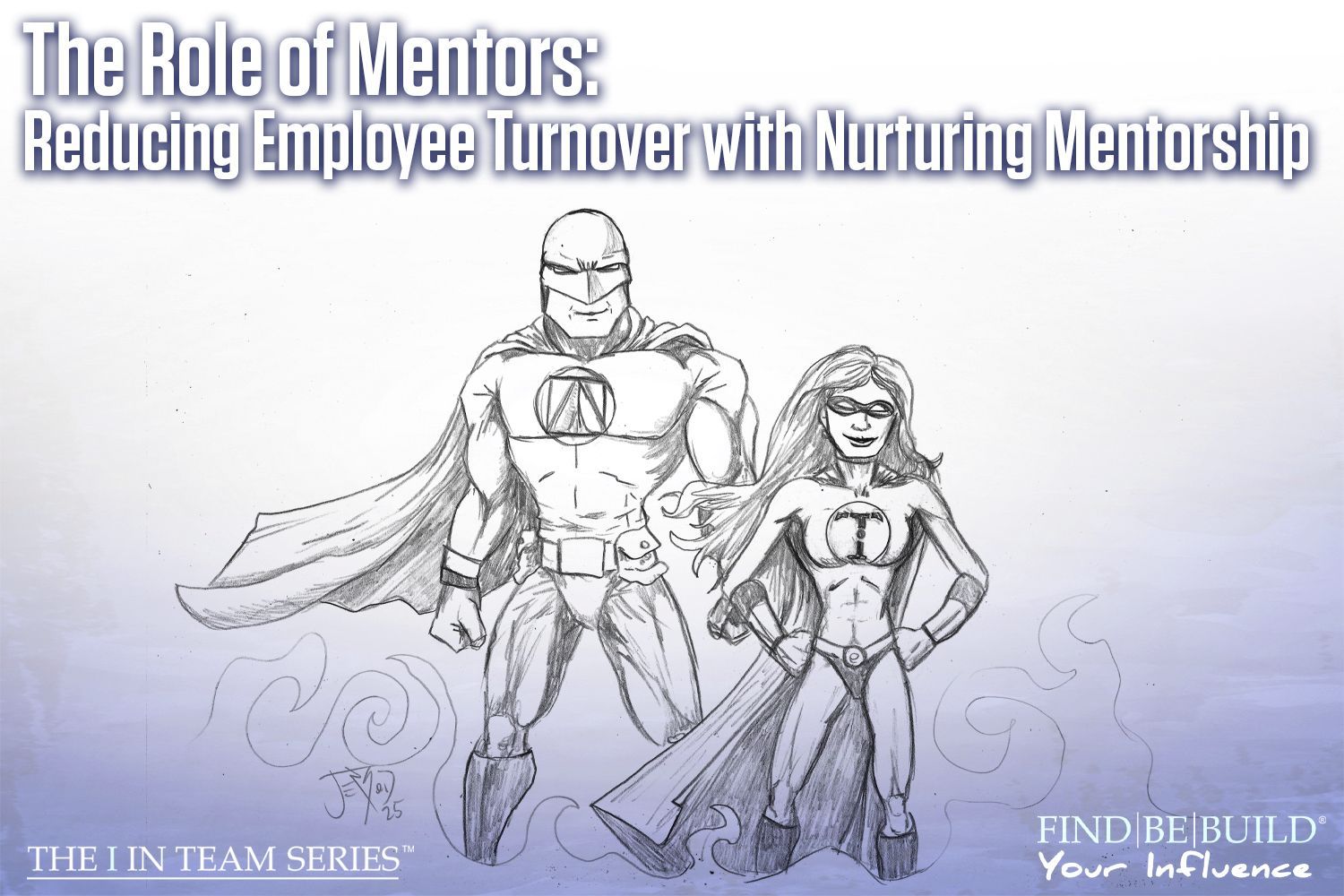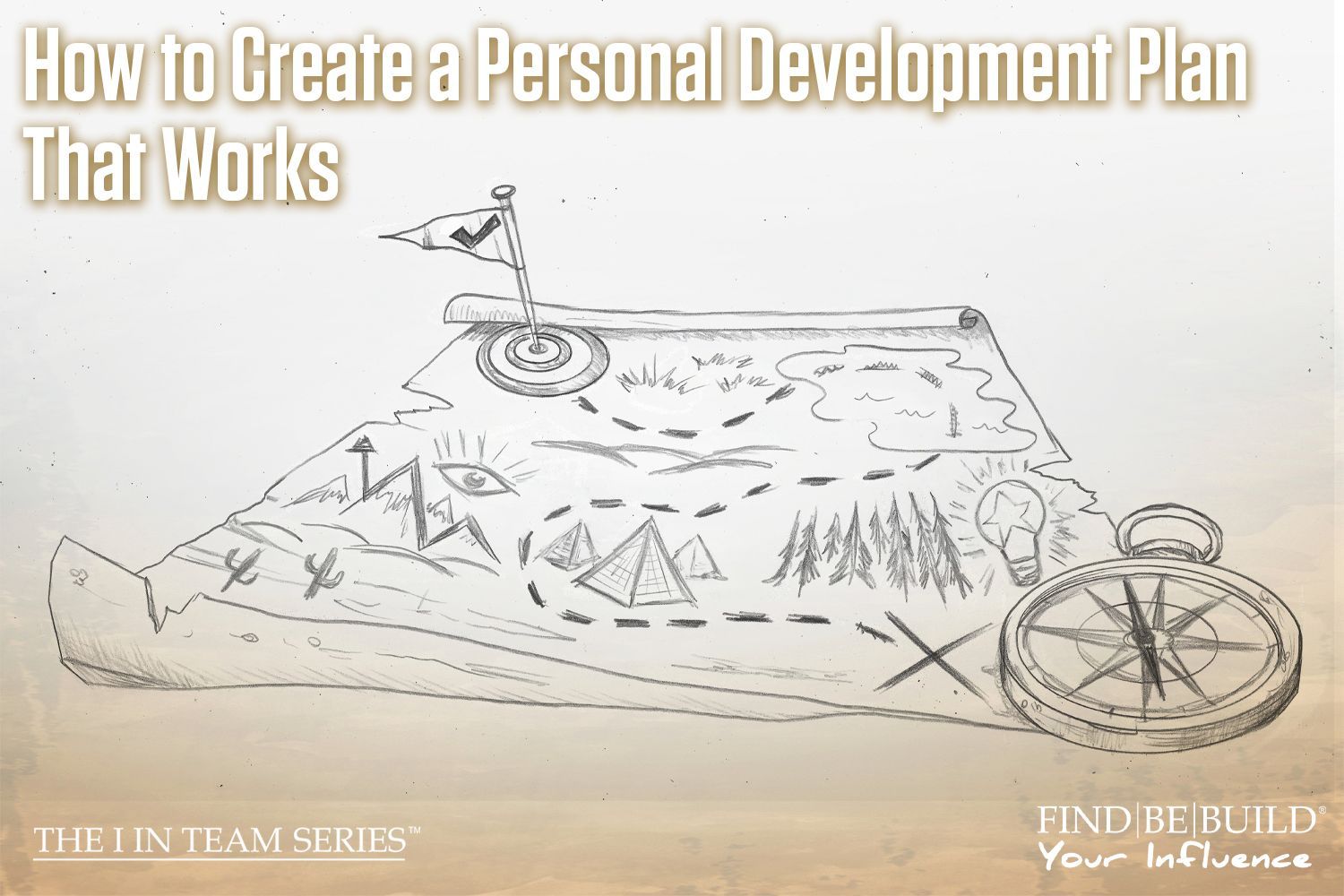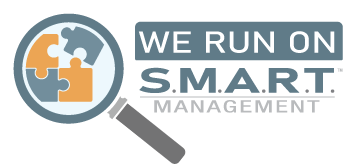The “Different Types” of Business Consulting We Offer

Types of business consulting
Written by: Matt Wilhelmi
Over the past 2 years of working with IA Business Advisors , I’ve noticed there are several “different types” of business consulting we offer. It’s certainly not all straightforward. In fact, some clients don’t know exactly what they need. When prospects or contacts at networking events ask: “So, what exactly is it that you do?” I often need to watch how I respond. I’ve met so many “business consultants” who are really merchant processors, insurance salespeople, or “widget of the month” sales people.
No, no, no.
IA is a boutique business consultancy firm. Boutique? Yes. We don’t take every client that walks in the door. There are some qualifications. One: They have to understand exactly how we approach problems. Two: They have to be willing to submit to our process. We don’t take shortcuts. We don’t make outlandish promises. We do, however, provide some “different types” of business consulting.
Professional Problem Solvers
Probably the most common type is the “Professional Problem Solver.” We are often asked to think outside the box as other professionals have said “it can’t be done” to whatever the specific need is. We come in, ask for a retainer for the work, perform our BizVision® Process, and then fix the problem on contingency.
One client Brian worked with was on the brink of having his company literally taken from him. He got into a nasty partnership with 2 other people who were about as dishonest as they come. They were lying to banks, vendors, and employees about payments, money, and reports. Well, the bank they were working with caught on to the inconsistent financial reports (because they were fabricated by one of the dishonest partners) and the bank started to repossess the business’s vehicles. The client’s attorney called Brian. Brian and the IA Team swooped in and not only stopped the bank from destroying the company, but also fixed the partnership, restored their credit, found a new banking relationship, and have been providing strategic advice ever since. How? Brian and the IA Team are “Professional Problem Solvers.”
Encourager
Sometimes, we work with clients so closely that we can tell something is a little off. Many entrepreneurs are under an unbelievable amount of stress and have few outlets to turn to. It’s during these situations where we need to be an Encourager to our clients. It might be subtle; a text message here, or a facebook message there. Something that says, “Hey, we know you’re busting your butt for your company and you’re doing a great job!”
Accountability Partner
Other times, we need to be the Accountability Partner to our clients. Most of our clients who develop a Strategic Plan for their business with us realize they need a little bit of accountability. And, it doesn’t need to be a naughty word.
One of my favorite speakers says, “The problem isn’t with education. All the information is out there. Thank GOD for Google. You can find information on anything. The problem is with Accountability.” You see, when running a business , often times there is very little oversight to your decision making. Sure, you may have a spouse to be accountable to, or a business partner, but what about someone who (like a personal trainer) will ask you what you did last week or last month to take action steps getting you closer to your goals. That’s accountability.
Analyst
Clients who need an Analyst are some of my favorite clients. They tend to make decisions only after they have all the information. Or, they know they don’t have the time (or maybe the will power) to do the proper due diligence and some critical thinking on a very important decision.
We’ve been asked to prepare Competitor Reports, Market Trend Analyses, and Business Evaluations. To Reverse Engineer Processes. Conduct Interviews. And yes, Review Financial Statements. We do all this through the lens of, “What is the overall goal for the business? And does this align to that goal?”
Sometimes a client will ask us to generate XYZ Report, which would take 5-8 hours of time and cost a bunch of money and we pause for a minute to think if this is A) Really necessary B) The easiest way to do it C) Going to generate the ROI the client expects D) Something we should show one of their staff members how to do. This is why the critical thinking pays off. We’re not going to mindlessly take orders just to spend time on it. It has to fit into the overall goal of the business and stay within their budget.
Teacher
I almost gave this one away. Phew! Part of the time we’re working with our clients, we need to be Teachers. You know, we support business owners in a variety of ways. Sometimes a little too much. When clients ask us to perform routine tasks for them, we often provide an option (they may choose to have us do it anyway) of showing them how to do it, providing them with a Standard Operating Procedure, or teaching one of their staff members how to do it.
In fact, we’ve taught dozens of small business owners how to use QuickBooks. That’s just one example, but because we know the software so well, we can give an overview (if that’s all you want), show you how to generate the most important reports (if you want that level of functionality), or even how to pull transactions from online into the QuickBooks system and reconcile bank accounts. We actually have a very large database of QuickBooks specific Standard Operating Procedures to help support our teachings.
Dreamer
As a good business consultant should, we sometimes need to help our clients dream a little. I’m not talking about blowing smoke up you know where. I’m talking about helping our clients realize why (or reminding them of why) they started their business in the first place. It could be to establish a legacy for their kids or grandkids. It could be creating a money-making machine so they can take 4 months off a year. It could be simply having some autonomy and not working to make someone else rich.
Whatever the dream, (and sometimes we need to have the “Dreamer Conversation” where we help brainstorm exactly what the dream is, and the more specific the better) we want to help you get there. That’s our ultimate goal. Without knowing your dream, it’s hard to give advice.
Part of our BizVision ® Process is uncovering what your business looks like today. Part of the process is understanding where you want it to be. That’s how we’re able to build the plan to get there.
© Individual Advantages, LLC 2017
The post The “Different Types” of Business Consulting We Offer appeared first on IA Business Advisors.
